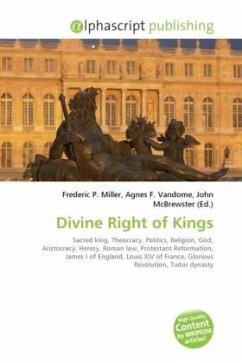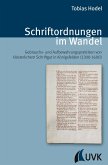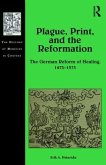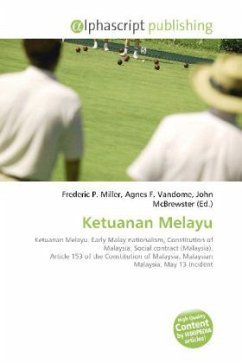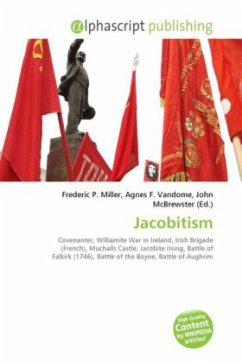High Quality Content by WIKIPEDIA articles! The divine right of kings is a political and religious doctrine of royal absolutism. It asserts that a monarch is subject to no earthly authority, deriving his right to rule directly from the will of God. The king is thus not subject to the will of his people, the aristocracy, or any other estate of the realm, including the church. The doctrine implies that any attempt to depose the king or to restrict his powers runs contrary to the will of God and may constitute heresy. The remoter origins of the theory are rooted in the medieval idea that God had bestowed earthly power to the king, just as God had given spiritual power and authority to the church, centering on the pope. The immediate author of the theory was Jean Bodin, who based it on the interpretation of Roman law. With the rise of nation-states and the Protestant Reformation, the theory of divine right justified the king's absolute authority in both political and spiritual matters. The theory came to the fore in England under the reign of King James I of England (1603 25, having been King James VI of Scotland from 1567). King Louis XIV of France (1643 1715), though Catholic, strongly promoted the theory as well.
Bitte wählen Sie Ihr Anliegen aus.
Rechnungen
Retourenschein anfordern
Bestellstatus
Storno

